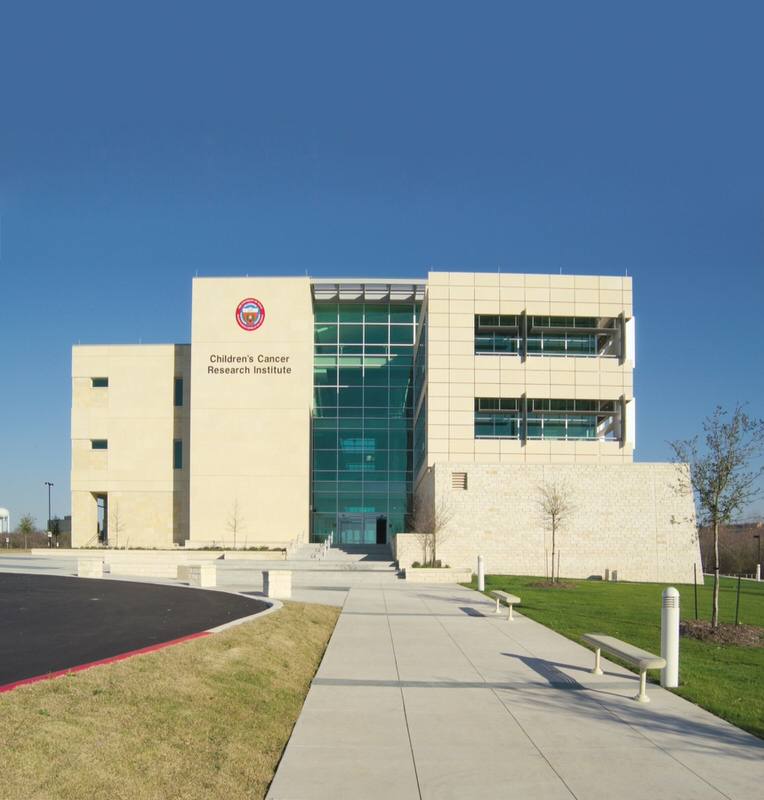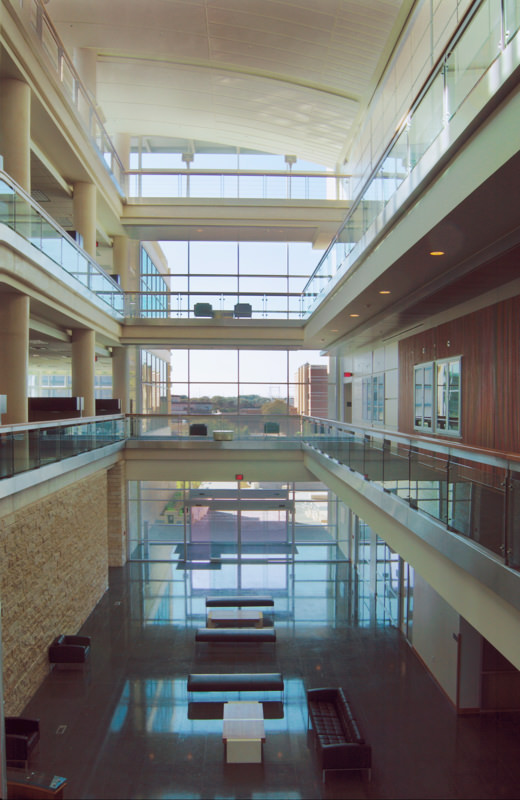Greehey in the News
 The Greehey Children’s Cancer Research was featured on KSAT12 for their new $10.9 million dollar grant.
The Greehey Children’s Cancer Research was featured on KSAT12 for their new $10.9 million dollar grant.
“We put in four applications and all four got funded,” Dr. Peter Houghton, director of the center said. “It doesn’t happen very often.”
Houghton said the money will go toward the treatment of childhood cancers that aren’t readily studied.
“The grant is to develop models of childhood cancers,” Houghton said. “About half of those models will be leukemias and we predict that 60 percent of those will be from Hispanic patients.”
Genome sequencing and the study of Ewing sarcoma, a type of bone and soft-tissue cancer will be researched.
Doctors also hope to find a more targeted way to treat those kinds of cancers.
“This research will eventually lead to finding better and cheaper ways to help those effects that are caused by the chemotherapy,” Houghton said.
Below is information provided by the Greehey Children’s Cancer Research Institute explaining the grants in further detail.
 – $5 million to develop animal models that can be used to test new therapies in children whose cancer has relapsed or who are from minority groups that typically have not responded well to current treatments. This funding was awarded to Dr. Houghton for the Health Science Center’s Texas Pediatric Patient Derived Xenograft (PDX) Facility.
– $5 million to develop animal models that can be used to test new therapies in children whose cancer has relapsed or who are from minority groups that typically have not responded well to current treatments. This funding was awarded to Dr. Houghton for the Health Science Center’s Texas Pediatric Patient Derived Xenograft (PDX) Facility.
– $3.6 million to update and expand upon existing infrastructure to establish a Cancer Genome Sequencing and Computational Core available to the South Texas research community through the Health Science Center. The grant was awarded to Yidong Chen, Ph.D., professor of epidemiology and biostatistics, director of the Division of Computational Biology & Bioinformatics at the Greehey Children’s Cancer Research and co-director of the Cancer Therapy & Research Center Next-Generation Sequencing Shared Resource.
– $2 million for the recruitment of Myron Ignatius, Ph.D., from Massachusetts General Hospital/Harvard Medical School. Dr. Ignatius has developed a genetic model of a type of soft-tissue cancer called embryonal rhabdomyosarcoma that generally occurs in children.
– $200,000 to develop a strategy to target EWS-FLl-1, a fusion oncoprotein that causes Ewing sarcoma, a bone and soft tissue cancer in children. The grant was awarded to Yuzuru Shiio, M.D., Ph.D., associate professor of biochemistry
VIDEO

